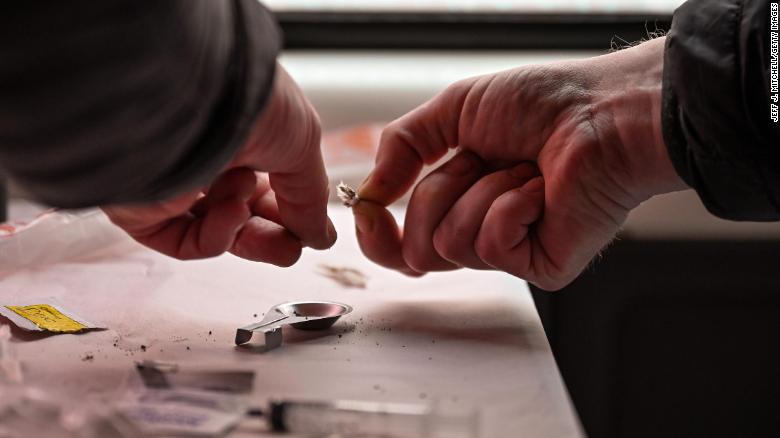Scotland : It’s one of the most famous monologues in cinematic history: “Choose life,” says Ewan McGregor in the 1996 film adaptation of “Trainspotting,” Irvine Welsh’s gritty novel about a group of drug addict friends living in Edinburgh.
The dark comedy-drama with a blistering Britpop soundtrack was an international success that shone a light on Scotland’s drug scene.
“Irvine Welsh did us a favor,” said Roy Robertson, professor of Addiction Medicine at the University of Edinburgh who has worked as a doctor in the city for more than 40 years.
The book’s original publication in 1993 was “a landmark moment,” said Robertson. “For those of us who worked in, and lived in that sector at that time, it really was a very accurate portrayal of the problem.
That very young, very dynamic, very aggressive marketing of very pure heroin — and all the consequences of that.”
But 25 years after the movie’s release, Scotland’s drug problem is, by some measures, worse than ever.
The country’s drug-related death rate is the highest in Europe, according to a recent report by the national statistics agency. Scotland’s death rate far outstrips the closest countries — Sweden and Norway — and is more than three-and-a-half times the rate in the United Kingdom as a whole.
Many of these deaths are of older drug users who were in their teens or 20s when Welsh’s novel-turned-film was released — part of what has been dubbed the “Trainspotting Generation.” After a lifetime of drug abuse, their physical health isn’t what it used to be.
But experts say there’s also a more complicated back story to Scotland’s drug problem, involving generations of deprivation, government underinvestment and shifting supply chains.
Last year there were 1,339 drug-related deaths registered in Scotland, according to the annual report. That’s the equivalent of more than three deaths a day, in a country with a population of just 5.4 million.
Scotland’s drug-related deaths are now at the highest level since these records began in 1996, the report states.
CNN


